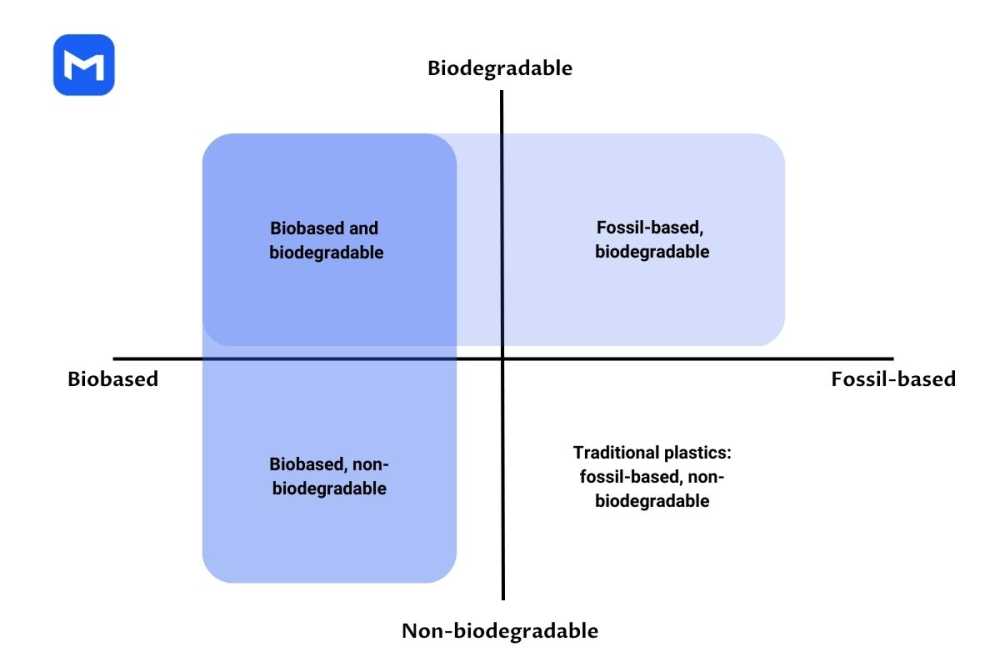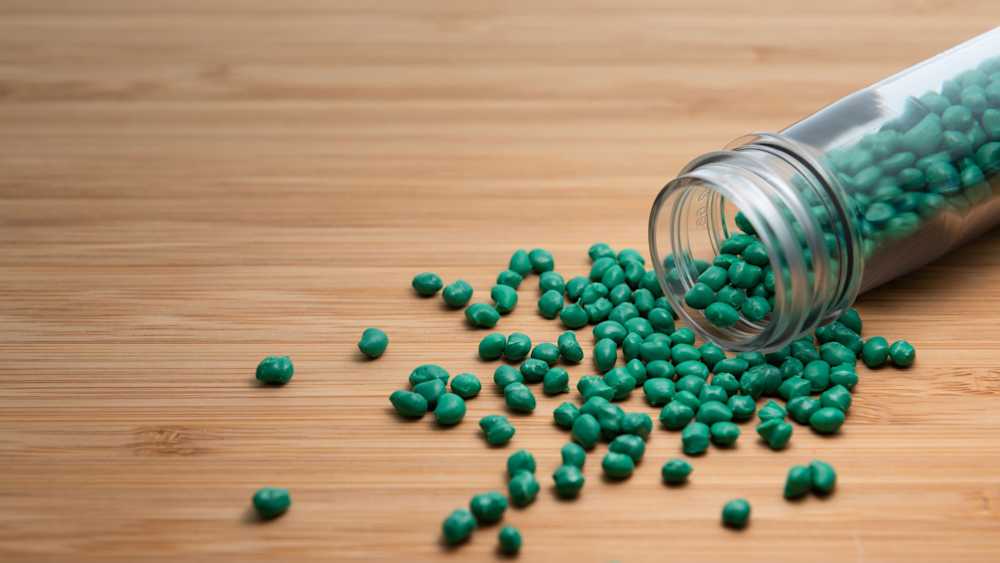On November 30, 2022, the European Commission published a communication1 addressing the role of biobased, biodegradable, and compostable plastics (colloquially known as bioplastics) in achieving the EU’s climate goals. The communication aims to highlight the applications and conditions under which biobased and biodegradable plastics present a more environmentally friendly alternative to traditional plastic materials.
While not legally binding, the communication does provide insight into the likely future direction of EU legislation on alternatives to traditional plastics. Together with the March 2023 proposal for a Green Claims Directive2, it points to a direction where the use of biodegradable and biobased plastics should be limited to specific applications and where all environmental claims and labels should be substantiated by scientifically sound evidence.
What are biobased plastics?
Biobased plastics are partially or fully composed of biological material, unlike their non-biobased counterparts, which are derived from oil or other fossil resources. Typical raw materials for biobased plastics include sugarcane and cereal crops that are specifically grown for this purpose, although organic waste and by-products can also be used. Biobased plastics can be structurally identical to fossil-based ones, but this is not necessarily the case. They also may or may not be biodegradable.
Figure 1: Biobased and biodegradable plastics3

Biodegradation vs. compostability
Biodegradation means that the material, including its smaller components, breaks into carbon dioxide, water, microbial biomass, salts, and in anaerobic conditions, methane. Compostability means that the material biodegrades in a controlled (home or industrial) composting environment. Degradation may take a long time, however, and may not happen at all in suboptimal conditions.
For example, the often-used classification standards EN 13432 and ASTM D6400 for industrially compostable plastic packaging only verify compostability in an industrial composting facility with controlled conditions and a high temperature (50 – 60 °C). Such conditions are hardly ever met in a home composting facility – let alone in the open environment.
Issues with biobased and biodegradable plastics
The EU policy framework for biobased, biodegradable, and compostable plastics identifies several issues with replacing traditional plastics with so-called bioplastics:
Due to the specific conditions required for biodegradable plastics to decompose, labels such as “100% biodegradable” and “compostable” might be misleading to consumers, who may get the false idea that labeled products decompose in nature. This might lead to increased littering.
Using biomass to produce biobased plastics may divert resources from food and feed production or increase the environmental burden of agriculture if more land is cultivated to produce plastic raw materials.
Recycling may be complicated by the cross-contamination of biowaste and plastic waste streams, if materials are not disposed of properly.
Efforts to reduce the overall use of plastics may be watered down if consumers feel that they can simply replace traditional plastics with biodegradable or biobased ones.
How to ensure that novel plastic alternatives are used sustainably?
The EU seeks to address the above-mentioned challenges related to the sourcing and labeling of biobased and biodegradable plastic materials by providing a set of guidelines for their appropriate use. These include the following:
Biobased plastics should be sourced from sustainable biomass, with preference given to organic waste and industry sidestreams.
Labels should not contain ambiguous statements (eco-friendly, bioplastic, etc.). Instead, only specific and scientifically justifiable claims should be made (e.g. product contains 75% biobased content, packaging biodegrades in the soil in 6 months).
Biodegradable and compostable plastics should be limited to applications where their environmental benefits can be demonstrated. These include agricultural mulch films, vegetable stickers, tea bags, coffee filter pods, and light carrier bags for bio-waste.
New standards should be developed for assessing the full biodegradability of plastics in the open environment within a reasonably short timeframe, as current EN standards focus on biodegradation in highly controlled conditions.
Standards for industrial compostability should be revised to ensure that materials decompose in typical EU biowaste treatment facilities without releasing toxic substances into the environment.
Consumers should be informed about the proper disposal of biobased and biodegradable plastics to avoid the contamination of waste streams.
Testing and certification in accordance with EU policy
The key principles outlined in recent EU documentation on biobased plastics are clear: the precise proportion of biobased content that a product or material contains should be determined scientifically and displayed clearly and transparently. The radiocarbon method should be preferred, as it provides the most robust results.
Measurlabs offers biobased content determination based on the internationally recognized EN 16785 standard, which combines radiocarbon and CHNOS elemental analysis. The results will yield the precise biobased content of the analyzed material, and certification will be provided for labeling and marketing purposes.
Biodegradability and compostability testing options are also available for industrial composting, home composting, and biodegradation in soil and marine environments. You can ask our experts for more information and request a quote for your product through the form below.
References:
1 Communication from the Commission to the European Parliament: EU policy framework on biobased, biodegradable and compostable plastics
2 Proposal for a Directive on substantiation and communication of explicit environmental claims (Green Claims Directive)
3 The figure is modeled on a graph by the European Environment Agency.

